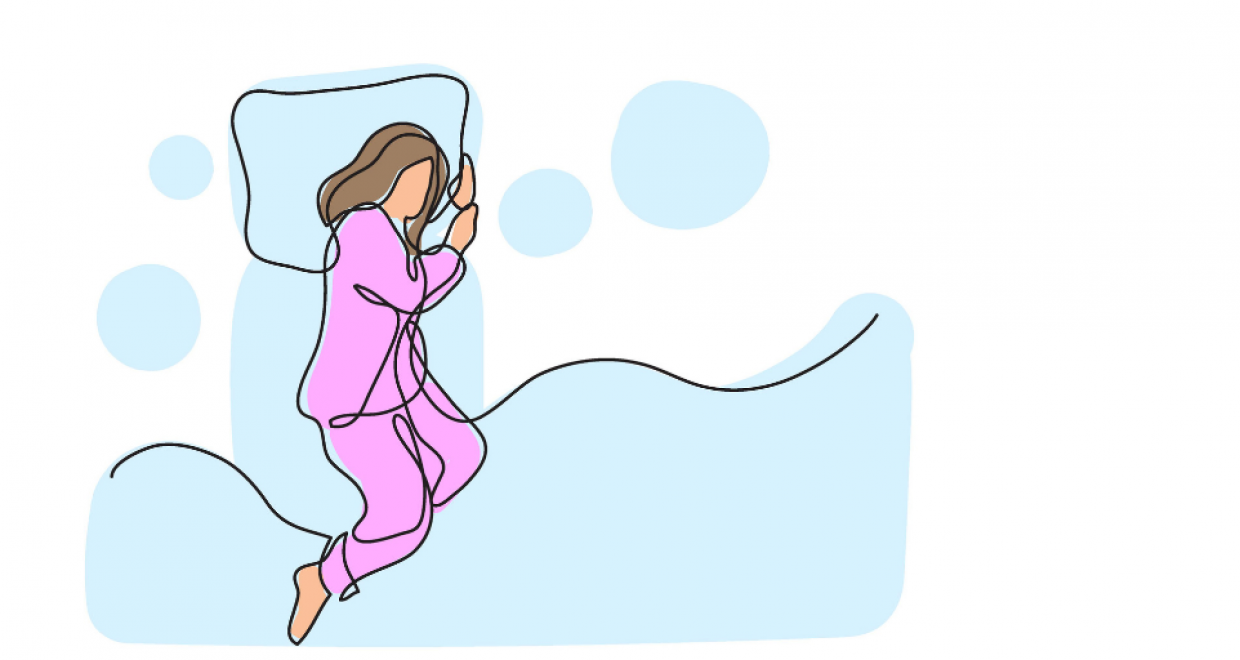Retirement brings sweeter dreams
Might work be interrupting a good night’s sleep?
Modern societies are chronically sleep deprived. Many adults are sleeping less than the recommended 7–8 hours, in part due to the pressures of work. People build up sleep debt if they are getting up early for work without managing to advance their bedtime and if stressful work is harming their sleep quality.
A robust way to study how paid work is impeding sleep is to follow people during their retirement transition. In our study, recently published in Ageing & Society, over 2000 participants from the Swedish Longitudinal Occupational Survey of Health were followed from up to nine years before to nine years following retirement. The participants reported how often they had been troubled in the last three months by difficulties falling asleep, repeated awakenings with difficulties going back to sleep, premature final awakening, and restless sleep.
Sleep disturbances grew a little worse in the years leading up to retirement. However, at retirement, sleep disturbances substantially decreased. It appears that something about paid work is causing sleep disturbance.
Why does sleep improve after retirement?
Quality of sleep improved more when people retired from full-time work and when they had little control over their work schedule. This suggests that people in paid work are struggling to combine their preferred sleep schedule with being at work at set times. Once people can set their own schedule reduced pressure to sleep at fixed times may cause the quality of sleep to improve after retirement. We also observed greater sleep improvements for people retiring from psychologically demanding work. Work-related stress might be impeding the relaxation necessary for a good night’s sleep.
Poor sleep quality – an unexpected challenge for governments seeking to increase retirement ages
Our finding that retirement is accompanied by improved sleep quality poses a challenge for governments attempting to raise retirement ages. Sleep is vital for recovering from the stresses of daily life and poor sleep has been linked to a range of physical and mental health problems. Governments may have to consider policies and programmes that facilitate the sleep of people in paid work, whether through shortened working hours, increased flexibility over scheduling of work or reducing stress at the workplace. In other words, governments may need to use carrots rather than sticks in their efforts to make their pension systems sustainable. Otherwise, older people may strongly resist efforts of governments to increase average ages of eligibility for old-age pensions.
What if the sleep of early retirees benefits most from retirement?
We believe that our most striking finding is that retirement is most beneficial for the sleep of individuals who retire before the statutory retirement age of 65 years. If such workers are forced to extend their working lives, their sleep may be adversely affected. These most vulnerable groups may be harmed by initiatives to raise retirement ages.
While sleeping problems are generally perceived as issues affecting individuals, if older workers are claiming pensions and retiring prematurely because they are exhausted the impacts of sleeping problems will extend to society as a whole.
For more on this topic, Ageing & Society article ‘Reduction in sleep disturbances at retirement: evidence from the Swedish Longitudinal Occupational Survey of Health’ is free to access until the end of September.






